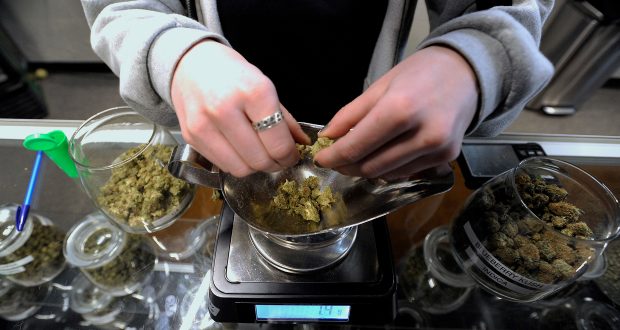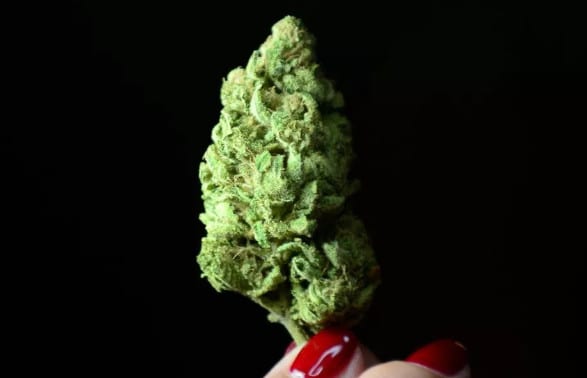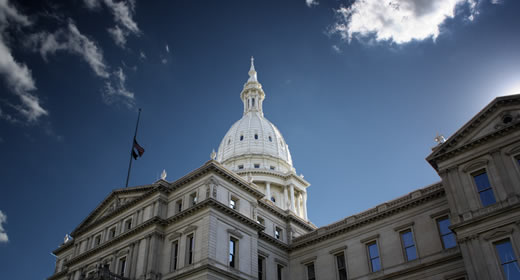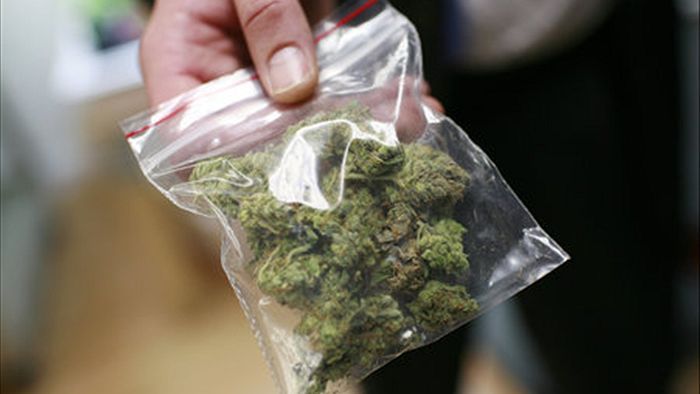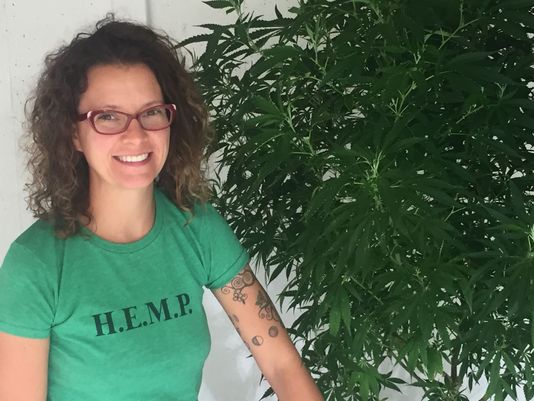With Massachusetts on the cusp of opening its first recreational marijuana dispensary, nearby states – New York and New Jersey – are considering following suit.
But what would legalized recreational pot look like on Long Island?
Experts and residents are weighing in.
For example, Gov. Andrew Cuomo is holding a series of public sessions – including one on Sept. 27 at Hofstra University – to gauge community input on regulating recreational marijuana.
The session comes on the heels of a recent 74-page New York State Department of Health report. Regulating marijuana would benefit public health because the government would have oversight of the production, testing, labeling, distribution and sale of marijuana, according to the report. Officials say regulating marijuana could generate as much as $700 million in tax revenues for the state.
The notion of legalized recreational marijuana (medicinal marijuana has been legal in New York since 2014) continues to trigger soaring returns on Wall Street. Investors are pouring money into marijuana stocks as Canada prepares to legalize pot in October, leading to giant gains for Canada-based companies listed on U.S. exchanges.
But as New York considers its options, concerns on Long Island, especially about public safety and medical risks, prevail.

Credit: libn.com
“Regardless of your personal opinion on medical or recreational marijuana use, should recreational use become legal in New York, there needs to be a significant public health campaign on the dangers of driving while under the influence,” Dr. Adhi Sharma, South Nassau Communities Hospital’s chief medical officer and executive vice president, said in a statement.
While half the residents surveyed in a recent “South Nassau Truth in Medicine” poll supported legalizing recreational marijuana, 74 percent said they are concerned about driving under the influence of marijuana.
The same survey found that respondents were nearly split as to whether they believe marijuana is addictive or a gateway drug that leads to other drug use.
Conducted in August, with findings released last week, the poll was conducted by landline and cellphone, and surveyed 600 adults in New York City and Long Island.
Sharma is calling on lawmakers to consider generating a fund that ensures that the tax revenue from recreational marijuana sales go to research field sobriety tests for drivers under the influence.
A public health campaign around the dangers of driving under the influence of marijuana also is needed, he said.
“Long Island was in the forefront of efforts to educate the public about dangers of driving while under the influence of alcohol,” he added. “No less an effort should surround any legalization of recreational marijuana.”
Education is key, said Scott Krakower, a doctor of osteopathic medicine, and the assistant unit chief of psychiatry at Northwell Health’s Zucker Hillside Hospital.
Legalization “may result in potential unwanted consequences,” he said. That’s especially true with any commercialization of marijuana, and marketing directed at kids.
“It’s my biggest concern,” he said.
Krakower pointed to an increased risk for psychosis, psychotic outcomes and cognitive decline with use, in addition to possible pulmonary problems.
And with synthetic marijuana already illegally sold in some shops across the region, Krakower worried too about people unwittingly purchasing unregulated substances. If what’s sold is a mislabeled substance or compound, “it’s going to be misleading,” he said. People could wind up “extremely high and agitated and that could result in more emergency room visits.”

Credit: libn.com
On the road
In New York State it is illegal to drive under the influence of marijuana.
But South Nassau pointed out that there is no breathalyzer or similar field sobriety test to determine how recently a person used the drug. Only a blood test can determine recent drug use, officials noted.
Yet 57 percent of those surveyed in the South Nassau poll said they were unaware that there is no field test to measure marijuana use among drivers.
Studies may conflict over the impact marijuana has on driving. For example, a study by the Insurance Institute for Highway Safety found that states with legalized marijuana saw a three percent increase in collisions. Yet a study in the American Journal of Public American Health saw no such increase.
Krakower pointed out that “usage could impair some level of reaction time.” And in conjunction with alcohol, there is an even a bigger risk, although “a lot of marijuana smokers don’t use alcohol,” he said.
Regulations, education
And while other countries are moving the needle when it comes to recreational marijuana, more lean towards decriminalization rather than legalization, Krakower said. In the United States, there could be challenges where recreational pot is legal in some states and not others. “How do you regulate?” he said.
In the South Nassau poll, 70 percent approved of medical marijuana. As the debate over recreational use continues, experts say an educational component is needed.
“Even if recreational marijuana use is legalized, it must come with public education about potential risks as the full scope of health impacts are still largely unknown,” Dr. Aaron E. Glatt, South Nassau’s department of medicine chair and hospital epidemiologist, said in statement. “At the very least, it should be heavily regulated, like alcohol.”
Credit: libn.com

